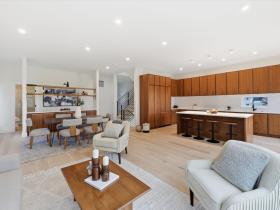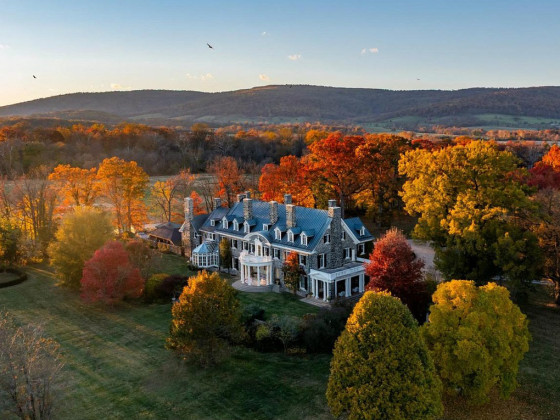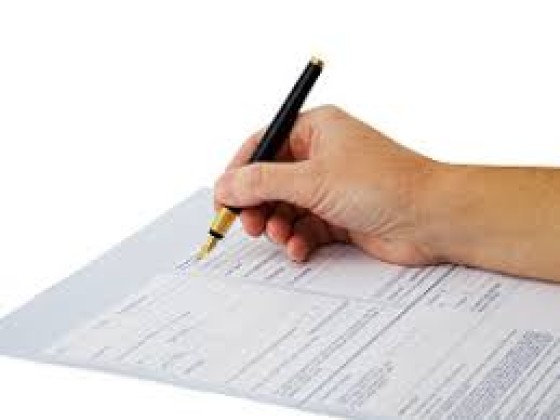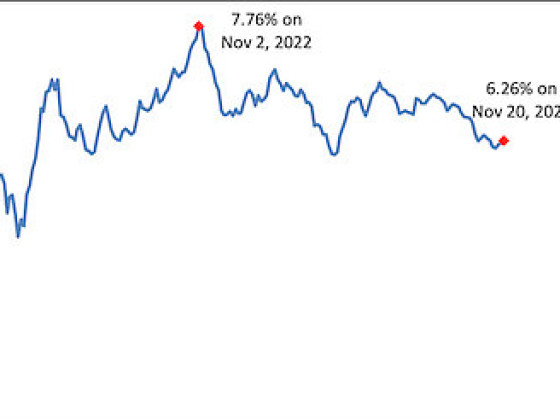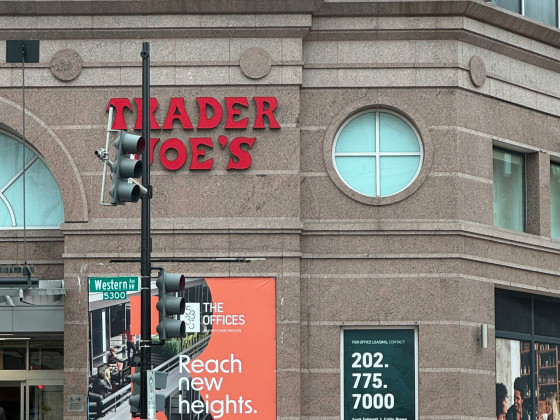 How Do Condo Buildings Determine When Condo Fees Need to Be Increased
How Do Condo Buildings Determine When Condo Fees Need to Be Increased
✉️ Want to forward this article? Click here.
Condominium living comes with a unique set of responsibilities, and one of the ongoing costs for unit owners is a monthly condo fee. These fees are collected by the condo association to cover the costs of maintaining the common areas, amenities, and building systems. While condo fees are often predictable, there are instances when they may need to be increased. This article will outline when and why those fees need to be bumped up.
What Are Condo Fees?
Condo fees are monthly payments that typically go towards:
- Building maintenance – This includes cleaning, landscaping, and general upkeep of common areas like hallways, lobbies, and parking garages.
- Utilities – Some condo fees include payment for water, heating, electricity, and garbage collection services for common areas.
- Reserve fund contributions – A portion of the fees is often allocated to a reserve fund to ensure that the building can afford major repairs or replacements in the future, such as roofing, elevator maintenance, or plumbing upgrades.
- Insurance – Condo associations usually cover building-wide insurance that protects against disasters like fires or floods.
- Management costs – This includes paying the property manager or staff responsible for overseeing the day-to-day operations of the building.
Why Condo Fees Increase
Several factors can influence the decision to increase condo fees.
- Rising Operating Costs
Operating costs tend to rise over time, and this can put pressure on the condo association’s budget. For instance, inflation can drive up the costs of utilities, cleaning services, and general maintenance. Additionally, contractors may increase their rates, and insurance premiums may rise in response to higher risks or market trends. When these costs increase beyond what is covered by existing fees, an increase becomes necessary to ensure the condo building can continue to operate smoothly.
- Building Age and Maintenance Needs
As a building ages, its systems (e.g., HVAC, plumbing, elevators, roofing) require more frequent repairs or replacements. While regular maintenance is part of the operating budget, major repairs or updates might require additional funds. If a building is aging and these costs rise, the condo association may need to increase fees to cover the expenses.
- Reserve Fund Shortages
A well-maintained reserve fund is crucial for long-term building sustainability. If the fund is underfunded or insufficient to meet future repair and replacement needs, condo fees may be increased to build it up. A shortage can occur if previous board members did not adequately budget for future repairs or if there have been unexpected expenses. To avoid falling short of funds in the future, the association may increase monthly fees to restore the reserve fund to a healthy level.
- Special Projects or Upgrades
Sometimes, condo owners may agree to special projects or building upgrades that improve the property’s value or overall appeal. Whether it’s upgrading amenities like a new gym or pool, installing energy-efficient systems, or implementing new security features, these projects require additional financial resources. To fund such improvements, the condo association might increase monthly fees or assess a one-time special levy.
- Legal or Regulatory Changes
Changes in local laws or regulations can also impact condo fees. For example, if new building codes require additional safety measures, the cost of compliance can be passed on to the owners in the form of increased fees. Similarly, if insurance requirements change or taxes on common properties rise, condo fees will need to increase to cover these additional costs.
How Are Fee Increases Decided?
In most condo buildings, decisions about increasing fees are made by the condo board, which represents the interests of the unit owners. Here's how the process typically works:
- Budget Review – The condo board reviews the budget on an annual or semi-annual basis to assess if current fees are sufficient to cover the building’s expenses. The board will also consider any expected increases in costs or necessary upgrades.
- Reserve Fund Analysis – If there’s concern that the reserve fund is insufficient to meet future maintenance needs, the board may conduct a reserve fund study or hire experts to assess how much needs to be set aside for future repairs.
- Owner Approval – Depending on the condo association’s bylaws, fee increases may require the approval of the owners. This could involve a vote at the annual general meeting (AGM) or a special meeting. For significant increases, a majority vote of the condo owners is typically required.
- Transparency and Communication – Condo associations are required to communicate any proposed fee increases to owners in advance. This ensures that owners are aware of the reasons behind the increase and can ask questions or voice concerns before the change is implemented.
See other articles related to: condo fees, condos
This article originally published at https://dc.urbanturf.com/articles/blog/how_do_condo_buildings_determine_when_condo_fees_need_to_be_increased/23271.
Most Popular... This Week • Last 30 Days • Ever

UrbanTurf takes a look at the options DC homeowners and residents have to take advant... read »
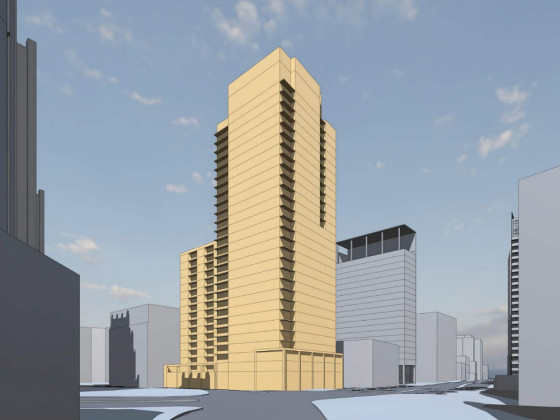
A major new residential development is on the boards for a series of properties near ... read »
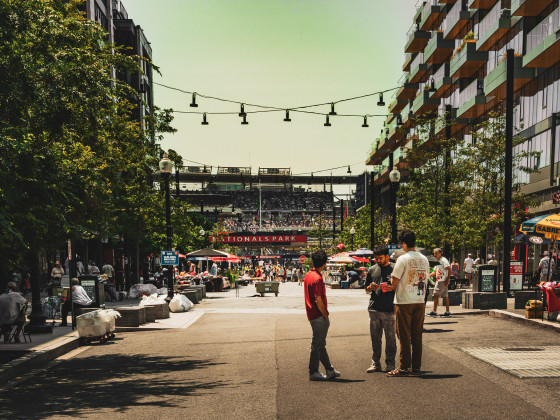
A new report from DC’s Office of Revenue Analysis highlights how millennials and wo... read »
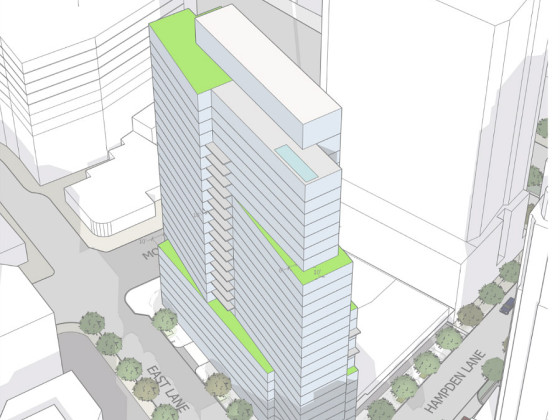
The building is the second proposal for a pair of aging office buildings in downtown ... read »
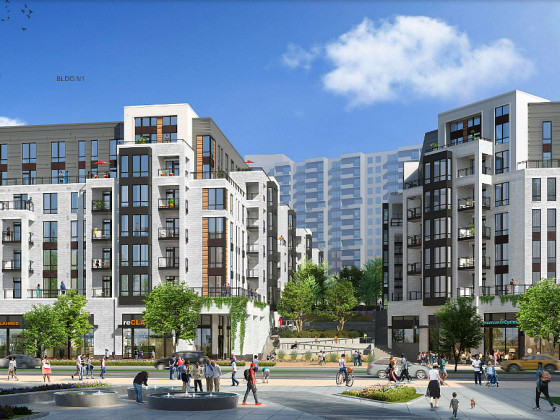
The central action before the Board is a rezoning request for the nearly 36-acre site... read »
- A Solar Panel Primer for DC Residents
- 29-Story, 420-Unit Development Pitched For Middle Of Downtown Bethesda
- How DC's Population Changed During And After The Pandemic
- Fitting In: A Narrow 260-Unit Apartment Building Pitched For Bethesda
- Arlington County To Weigh Major Actions Advancing RiverHouse Redevelopment
DC Real Estate Guides
Short guides to navigating the DC-area real estate market
We've collected all our helpful guides for buying, selling and renting in and around Washington, DC in one place. Start browsing below!
First-Timer Primers
Intro guides for first-time home buyers
Unique Spaces
Awesome and unusual real estate from across the DC Metro




